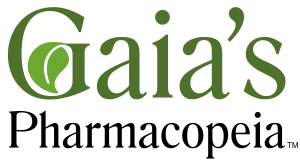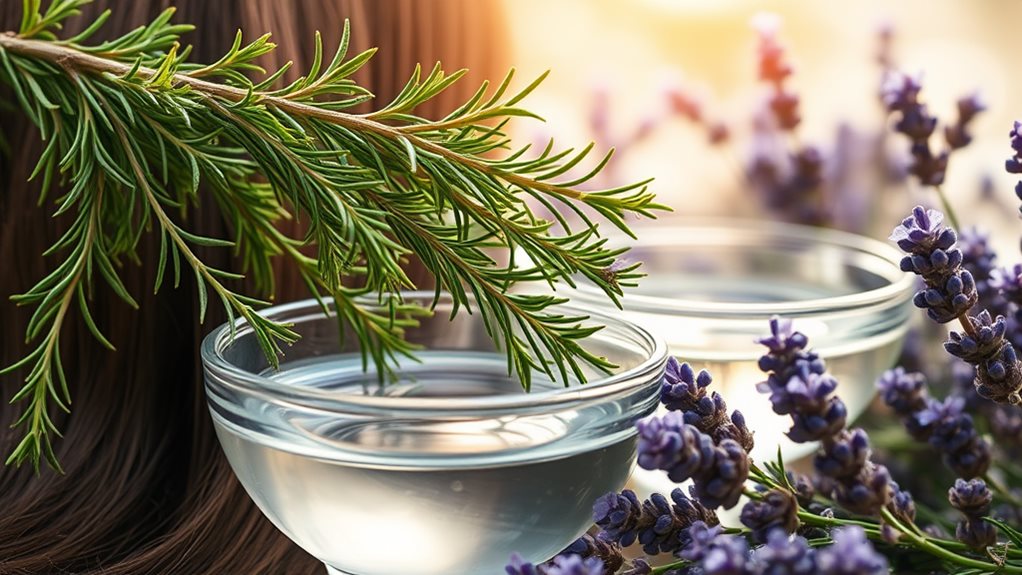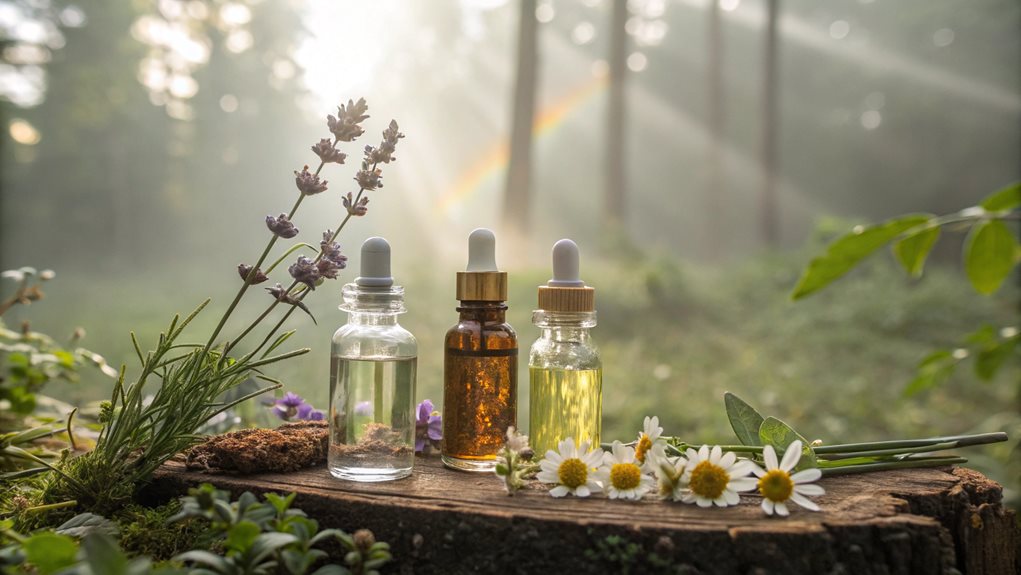Table of Contents - click here
ToggleThe gentle scent of lavender wafting through your home after a stressful day isn’t just pleasant—it’s tapping into a therapeutic tradition that spans millennia. This natural approach, rooted in ancient practices and increasingly supported by modern research, can transform your daily wellness routine when used correctly and mindfully.
Aromatherapy offers a bridge between ancient healing practices and contemporary stress management techniques. While our ancestors may not have understood the neurochemical mechanisms behind essential oils’ effects, modern research has begun validating many traditional applications. This article combines historical context with current scientific understanding to help you safely incorporate aromatherapy into your stress management toolkit.
The Historical Roots of Aromatic Healing
Aromatherapy’s rich history provides context for modern applications. Archaeological evidence confirms that several ancient civilizations independently discovered the therapeutic potential of plant extracts:
Ancient Egypt (circa 3500 BCE): Hieroglyphic records and archaeological findings show Egyptians used aromatic substances in religious ceremonies, medicine, and cosmetics. The Ebers Papyrus, dating to approximately 1550 BCE but containing information from earlier scrolls, details numerous medicinal formulations using aromatic plants.
Traditional Chinese Medicine: Historical texts document the use of aromatic herbs like peppermint and eucalyptus to balance energy flow and address various health concerns.
Ayurvedic Tradition: India’s ancient healing system incorporated essential oils within comprehensive wellness approaches, particularly focusing on mind-body balance.
Greek and Roman Practices: Hippocrates, often called the father of modern medicine, documented the effects of aromatic plants on health, with particular attention to their antiseptic properties.
What’s fascinating is how these diverse cultures, separated by geography and time, independently recognized the therapeutic potential of many of the same plant essences used today. This cross-cultural validation offers an interesting perspective on the foundations of aromatherapy before exploring the science.
Understanding How Essential Oils Work: The Science
Essential oils aren’t merely pleasant scents—they contain bioactive compounds that interact with your body in measurable ways. Current research suggests several mechanisms through which they may help manage stress:
Neurological Pathways: When inhaled, aromatic molecules travel through the olfactory system to the limbic region of the brain—an area involved in emotion regulation, memory, and stress response. This direct pathway explains why scents can so quickly affect your emotional state.
Physiological Effects: Some studies suggest certain essential oils may influence heart rate, blood pressure, cortisol levels, and other stress markers. For example, a small clinical trial published in the Journal of Alternative and Complementary Medicine (2011) found that lavender aromatherapy reduced anxiety and improved sleep quality in patients with coronary artery disease.
Complementary Benefits: Beyond direct stress relief, many essential oils offer additional benefits that may support overall wellbeing, such as improved sleep quality or reduced tension headaches.
While research is ongoing and not all traditional uses have been scientifically validated, there’s growing evidence supporting aromatherapy as a complementary approach to stress management when used appropriately.
Essential Oils With Evidence for Stress Relief
Research and clinical experience have identified several essential oils with stress-relieving properties:
Lavender (Lavandula angustifolia)
Research Support: Among essential oils, lavender has the strongest evidence base for anxiety and stress reduction. A 2017 systematic review in the journal Mental Health Clinician examined multiple studies and concluded that lavender has anxiolytic (anxiety-reducing) effects.
How It Works: Lavender contains linalool and linalyl acetate, compounds that appear to affect the GABA pathways in the brain—similar to some anti-anxiety medications but without sedative side effects.
Application: Lavender helps many people unwind after stressful days and is especially effective when combined with gentle breathing exercises before bedtime.
Sweet Orange (Citrus sinensis)
Research Support: Several small studies suggest sweet orange oil may help reduce situational anxiety. For example, a small randomized controlled trial published in the Journal of Alternative and Complementary Medicine found that sweet orange aroma reduced anxiety during dental treatments.
How It Works: The limonene in orange oil may influence neurotransmitter activity, though more research is needed to fully understand this mechanism.
Application: The bright, uplifting quality of sweet orange makes it ideal for morning anxiety. It combines well with lavender to balance calming and uplifting properties.
Bergamot (Citrus bergamia)
Research Support: A 2017 study in Phytotherapy Research found that bergamot aroma reduced anxiety and improved mood in patients waiting for outpatient surgery.
How It Works: Bergamot contains several active compounds that may influence both mood and physiological stress responses.
Application: Bergamot’s complex citrus aroma makes it versatile for various stress-related concerns. It works well in work environments where both mental clarity and stress management are needed.
Ylang Ylang (Cananga odorata)
Research Support: A small study published in 2006 found that ylang ylang oil reduced blood pressure and heart rate while increasing calmness and alertness.
How It Works: Current research suggests ylang ylang may influence both the parasympathetic nervous system and certain neurotransmitters involved in mood regulation.
Application: This floral oil has a potent aroma that some find too strong on its own. It typically works best in small amounts when blended with other oils for a balanced effect.
Effective Aromatherapy Blends for Stress Relief
Research and aromatherapy practice have identified effective blends for different stress scenarios:
Morning Clarity Blend
For starting your day with calm focus
- 3 drops sweet orange essential oil
- 2 drops rosemary essential oil
- 1 drop peppermint essential oil
How to Use: Add to a diffuser for 15-20 minutes while preparing for your day. The citrus brightens mood, while rosemary and peppermint enhance mental clarity without increasing anxiety.
Workday Tension Relief
For managing stress during busy workdays
- 3 drops bergamot essential oil
- 2 drops lavender essential oil
- 1 drop frankincense essential oil
How to Use: Place 1-2 drops on a cotton ball near your workspace or use in a personal inhaler for discreet relief during tense moments.
Evening Unwinding Blend
For transitioning from work to relaxation
- 4 drops lavender essential oil
- 2 drops chamomile essential oil
- 1 drop vanilla extract (not essential oil)
How to Use: Add to a diffuser 30 minutes before bedtime, or dilute in 1 tablespoon of carrier oil for a relaxing massage.
Safe Application Methods
Safety is paramount when using essential oils. Based on research and professional aromatherapy guidelines, here are the most effective and safe application methods:
Inhalation (Safest & Most Effective for Stress)
- Diffusion: Use an ultrasonic or nebulizing diffuser in well-ventilated areas for 15-30 minutes (not continuously)
- Personal inhalers: Convenient for on-the-go use
- Steam inhalation: Especially helpful for respiratory stress
- Aromatic spritzers: Dilute oils with water and a solubilizer for room sprays
Topical Application (Requires Proper Dilution)
Essential oils must always be diluted in a carrier oil before skin application. Professional aromatherapy guidelines recommend these dilution ratios:
| Application Type | Concentration | For 1 oz (30ml) Carrier Oil |
|---|---|---|
| Facial products | 1% | 6 drops essential oil |
| Body massage | 2% | 12 drops essential oil |
| Acute situations | 3% | 18 drops essential oil |
| Children (6-12) | 0.5-1% | 3-6 drops essential oil |
Recommended Carrier Oils:
- Jojoba: Closest to skin’s natural sebum, good for all skin types
- Sweet Almond: Excellent slip for massage, rich in vitamin E
- Fractionated Coconut: Lightweight, non-greasy, long shelf life
Important Safety Considerations
Based on clinical research and professional guidelines, please observe these crucial safety precautions:
- Perform patch tests before using any new oil, even diluted
- Never ingest essential oils unless under supervision of a healthcare provider specifically trained in aromatic medicine
- Use extra caution with children, elderly, during pregnancy/nursing, and with certain medical conditions
- Some oils are photosensitizing (especially citrus oils), increasing sun sensitivity for 12-24 hours after topical application
- Essential oils and pets: Many oils toxic to animals—especially cats—require special consideration in households with pets
Making Aromatherapy Part of Your Daily Routine
The most effective approach to aromatherapy for stress management is consistent, mindful integration into your existing routines:
Morning Ritual: Diffuse an uplifting blend while preparing for your day to set a positive tone
Workday Transition: Keep a personal inhaler with a stress-relief blend for quick resets between meetings or tasks
Physical Environment: Use appropriate diffusion in home or work spaces to create a consistently calming atmosphere
Evening Wind-Down: Incorporate relaxing scents into your bedtime routine to signal to your body it’s time to rest
Stress-Triggered Use: Identify your stress patterns and proactively use aromatherapy when you anticipate or first notice stress responses
Conclusion: A Balanced Perspective on Aromatherapy
While essential oils offer genuine benefits for stress management, they’re most effective as part of a comprehensive approach to wellbeing. Research suggests aromatherapy works best when combined with adequate sleep, physical activity, proper nutrition, and other stress management techniques like mindfulness practices.
Aromatherapy shouldn’t replace appropriate medical care for serious anxiety disorders or health conditions, but it can serve as a valuable complementary tool. By understanding both the possibilities and limitations of essential oils, you can use them effectively to enhance your daily wellbeing.
Consider approaching aromatherapy with both an open mind and healthy skepticism—appreciating its long history and emerging scientific validation while recognizing that research is still evolving. Start with the well-studied oils mentioned here, follow safety guidelines, and discover which aromas resonate most with your personal stress response.
Citations and Research References
Historical Documentation
- Manniche, L. (1999). Sacred luxuries: Fragrance, aromatherapy, and cosmetics in Ancient Egypt. Cornell University Press.
- Petrovska, B. B. (2012). Historical review of medicinal plants’ usage. Pharmacognosy Reviews, 6(11), 1-5.
Clinical Research on Lavender
- Malcolm, B. J., & Tallian, K. (2017). Essential oil of lavender in anxiety disorders: Ready for prime time? Mental Health Clinician, 7(4), 147-155.
- Koulivand, P. H., Khaleghi Ghadiri, M., & Gorji, A. (2013). Lavender and the nervous system. Evidence-Based Complementary and Alternative Medicine, 2013, 681304.
Research on Citrus Oils
- Goes, T. C., Antunes, F. D., Alves, P. B., & Teixeira-Silva, F. (2012). Effect of sweet orange aroma on experimental anxiety in humans. Journal of Alternative and Complementary Medicine, 18(8), 798-804.
- Pimenta, F. C., Alves, M. F., Pimenta, M. B., Melo, S. A., Almeida, A. A., Leite, J. R., Pordeus, L. C., Diniz, M. F., & Almeida, R. N. (2016). Anxiolytic effect of citrus aurantium L. on patients with chronic myeloid leukemia. Phytotherapy Research, 30(4), 613-617.
Bergamot Studies
- Navarra, M., Mannucci, C., Delbò, M., & Calapai, G. (2015). Citrus bergamia essential oil: from basic research to clinical application. Frontiers in Pharmacology, 6, 36.
Ylang Ylang Research
- Hongratanaworakit, T., & Buchbauer, G. (2006). Relaxing effect of ylang ylang oil on humans after transdermal absorption. Phytotherapy Research, 20(9), 758-763.
Safety and Application
- Tisserand, R., & Young, R. (2013). Essential oil safety: A guide for health care professionals (2nd ed.). Churchill Livingstone.
- National Association for Holistic Aromatherapy. (2022). Safety guidelines for the aromatherapy professional.








